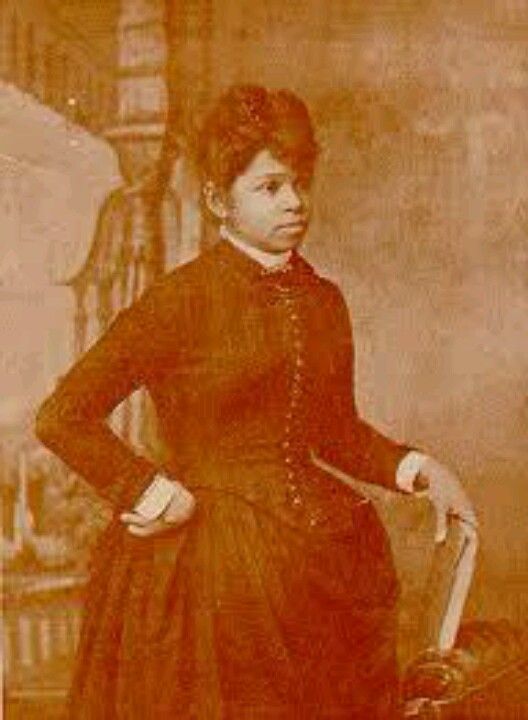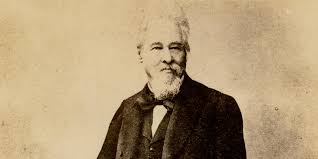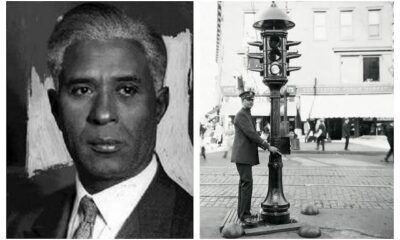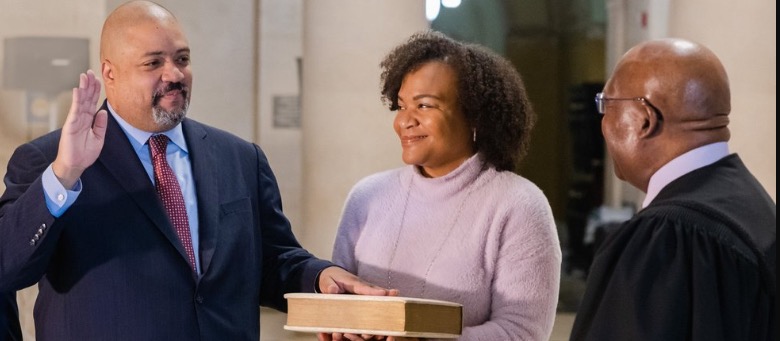February is Black History Month. And what better way to celebrate than to lift from obscurity African Americans who played crucial roles in this country’s scientific, cultural and industrial progress. Their achievements saved thousands of lives, made the lives of many Americans easier and in some instances changed the course of history. And yet, they are largely forgotten by the world they helped to change for the better. In this series, we will highlight some of these under-appreciated and forgotten men and women.
Before Sarah Boone, people would do their ironing by placing a plank of wood across a pair of chairs or tables. Boone came up with a better idea.
“Sarah Boone made her name by inventing the ironing board,” according to Biography.com. “Boone was a rarity during her time, a female African-American inventor.”
Born in 1832 in Craven County, North Carolina, as Sarah Marshall, Boone was 15-years-old when she married James Boone in 1847. Before the Civil War began, the couple moved to New Haven, Conn. Where Boone became a dressmaker and her husband worked as a brick mason.
On July 23, 1981, Boone applied for a patent for her ironing board and it was published nine months later. On April 26, 1892, she patented an improvement to the ironing board.
In her patent application, she wrote that the purpose of her invention was “to produce a cheap, simple, convenient and highly effective device, particularly adapted to be used in ironing the sleeves and bodies of ladies’ garments,” according to Biography.com.
However, Boone’s patent was not the first for an ironing board, according to thoughtco.com. Folding ironing board patents appeared in the 1860s. Before then women would simply place a thick cloth over the kitchen table, or over a board propped up on two chairs. Ironing would usually be done in the kitchen where the irons could be heated on the stove. Electric irons were patented in 1880 but didn’t become popular until after the turn of the century, according to thoughtco.com.
Still, Boone’s board was unique.
“It was narrow and curved, the size and fit of a sleeve common in ladies’ garments of that period,” according to the online site. “It was reversible, making it easy to iron both sides of a sleeve.”
The board could also be used flat rather than curved, making it better for the cut of the sleeves of men’s’ coats. Boone wrote that her ironing board would also be well-suited for ironing curved waist seams.
“Her invention would be most convenient to have for pressing sleeves even today,” according to thoughtco.com. “The typical folding ironing board for home use has a tapered end that can be useful for pressing necklines of some items, but sleeves and pant legs are always tricky. Many people simply iron them flat with a crease. If you don’t want a crease, you have to avoid ironing over the folded edge.”
Boone’s ironing board works best for those who iron a lot of shirts and pants and don’t like creases, according to the online site.
Boone, who had eight children, remained in New Haven for the rest of her life. She died in 1904 and was buried in Evergreen Cemetery.


 Black History4 years ago
Black History4 years ago
 Black History3 years ago
Black History3 years ago
 Black History4 years ago
Black History4 years ago
 Black History4 years ago
Black History4 years ago
 Black History8 years ago
Black History8 years ago
 Black History5 years ago
Black History5 years ago
 Black History4 years ago
Black History4 years ago
 Black History5 years ago
Black History5 years ago
















